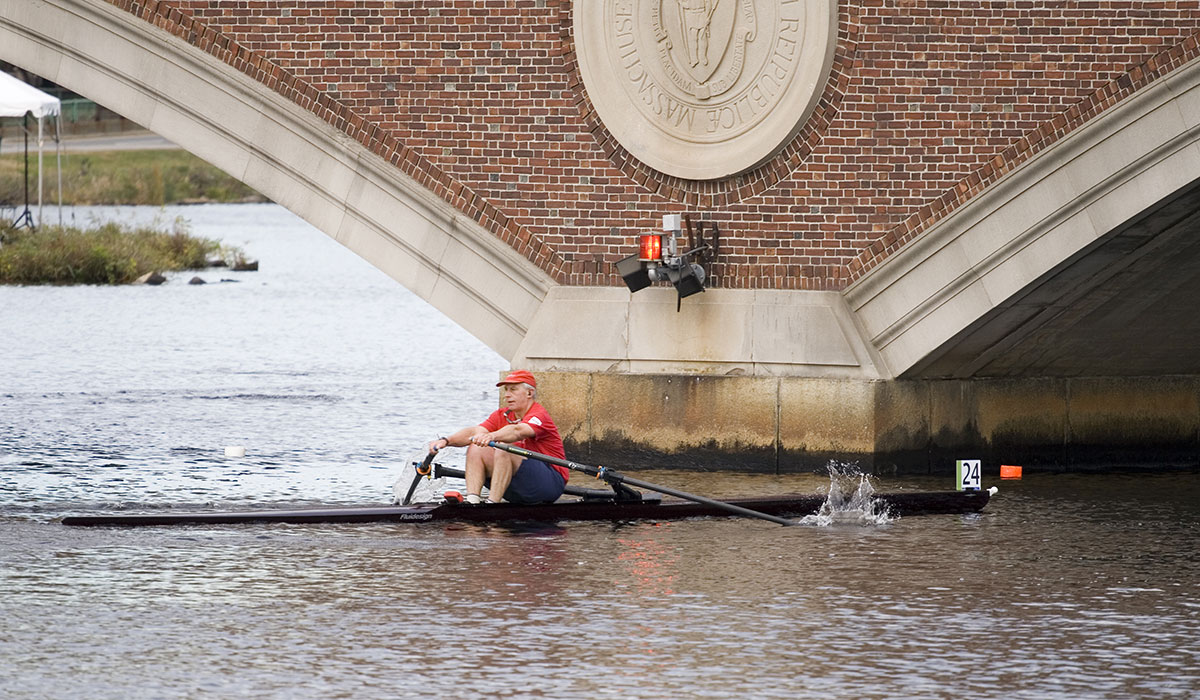Massachusetts Is the Fifth Healthiest State for Seniors

Rower on the Charles photo via John Kropewnicki / Shutterstock.com
The United Health Foundation released its annual America’s Health Rankings Senior Report 2014 on Wednesday, and Massachusetts is the fifth healthiest state for seniors in the nation. The Commonwealth also ranked fifth in 2013.
Interestingly, the City of Boston recently released an “Aging in Boston” report, in which the city details its five-year plan for improving seniors’ quality of life. Why the focus on seniors? Mayor Marty Walsh said in his speech announcing that report that by 2030, one out of every five residents in Boston will be older than 60.
The new ranking is a comprehensive analysis of the senior population’s health on a national and state-by-state basis. Minnesota is the overall healthiest state for seniors for the second year in a row, followed by Hawaii in second place, New Hampshire in third, Vermont in fourth, and then Massachusetts in fifth. (Northern New England consistently ranks near the top in many health and fitness reports.) Unsurprisingly, it’s the usual suspects that ranked last. Mississippi is the least healthy state for seniors, followed by Louisiana (49), Kentucky (48), Oklahoma (47), and Arkansas (46).
“We commissioned this report to understand and identify ways to improve seniors’ health because Americans are living longer and the senior population will double in size over the next 25 years,” said Reed Tuckson, senior medical adviser to United Health Foundation. “It’s time to shift our focus from how long Americans are living, to how well we’re living. We want this report to encourage seniors and the people in their lives to be more active, to talk about end-of-life plans and to live the best lives we all can.”
Massachusetts earned its fifth-place ranking for a variety of factors, most notably: high percentage of dental visits; low geriatrician shortfall; and a high percentage of health screenings. Also reported is the areas that the state can improve, such as: decrease the high prevalence of chronic drinking; decrease the high prevalence of underweight seniors; and decrease the high percentage of preventable hospitalizations.
Other Massachusetts highlights include: The percentage of physically inactive seniors decreased by 11 percent in the past year, from 29.2 percent of adults aged 65 and older to 26.1 percent; however, in the past year, “food insecurity,” meaning, “where will my next meal come from?” increased from 10.5 percent of adults aged 60 and older to 11.3 percent; and Massachusetts has the second lowest suicide rate at 7.6 deaths per 100,000 adults aged 65 and older.
You can view the full report here.

